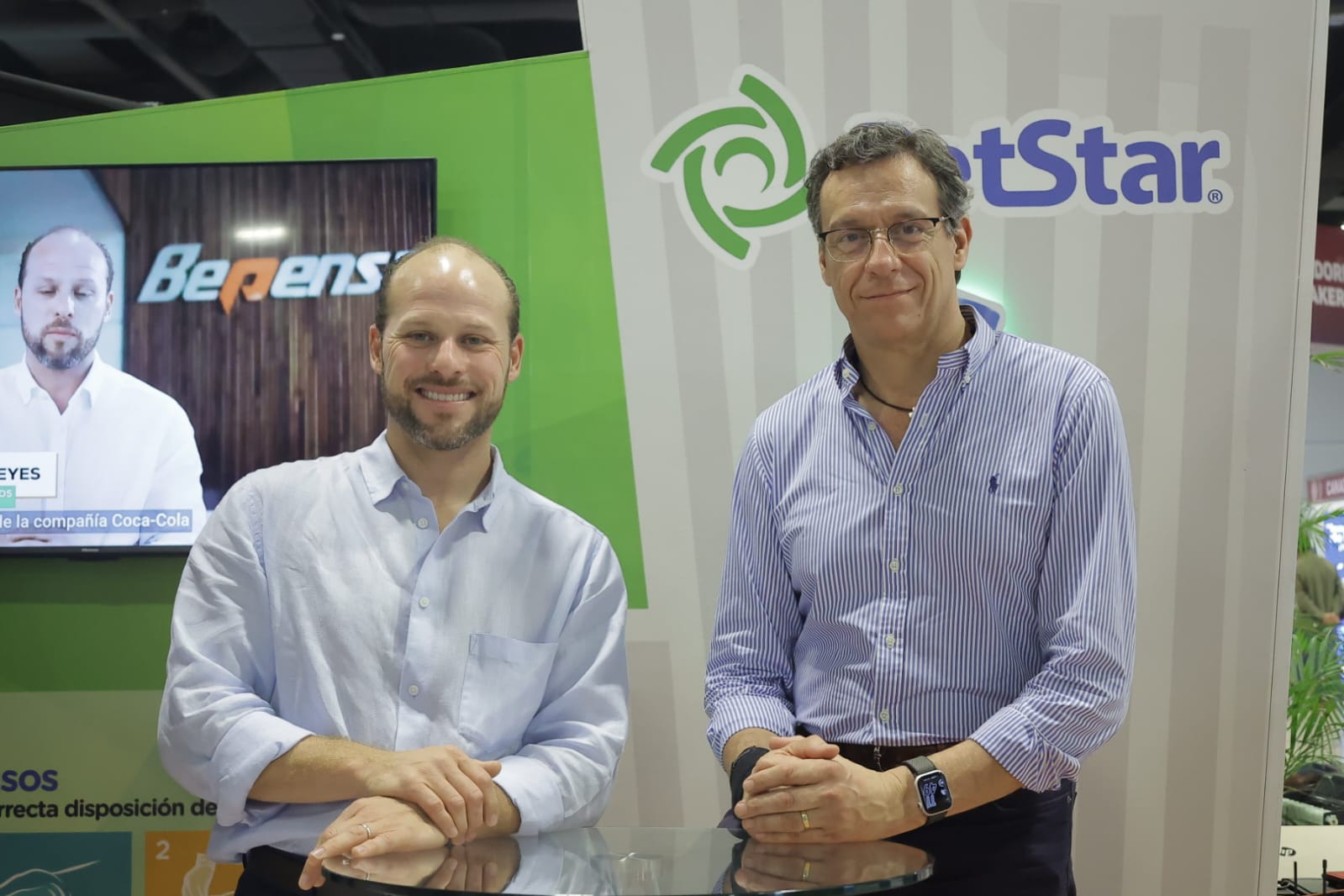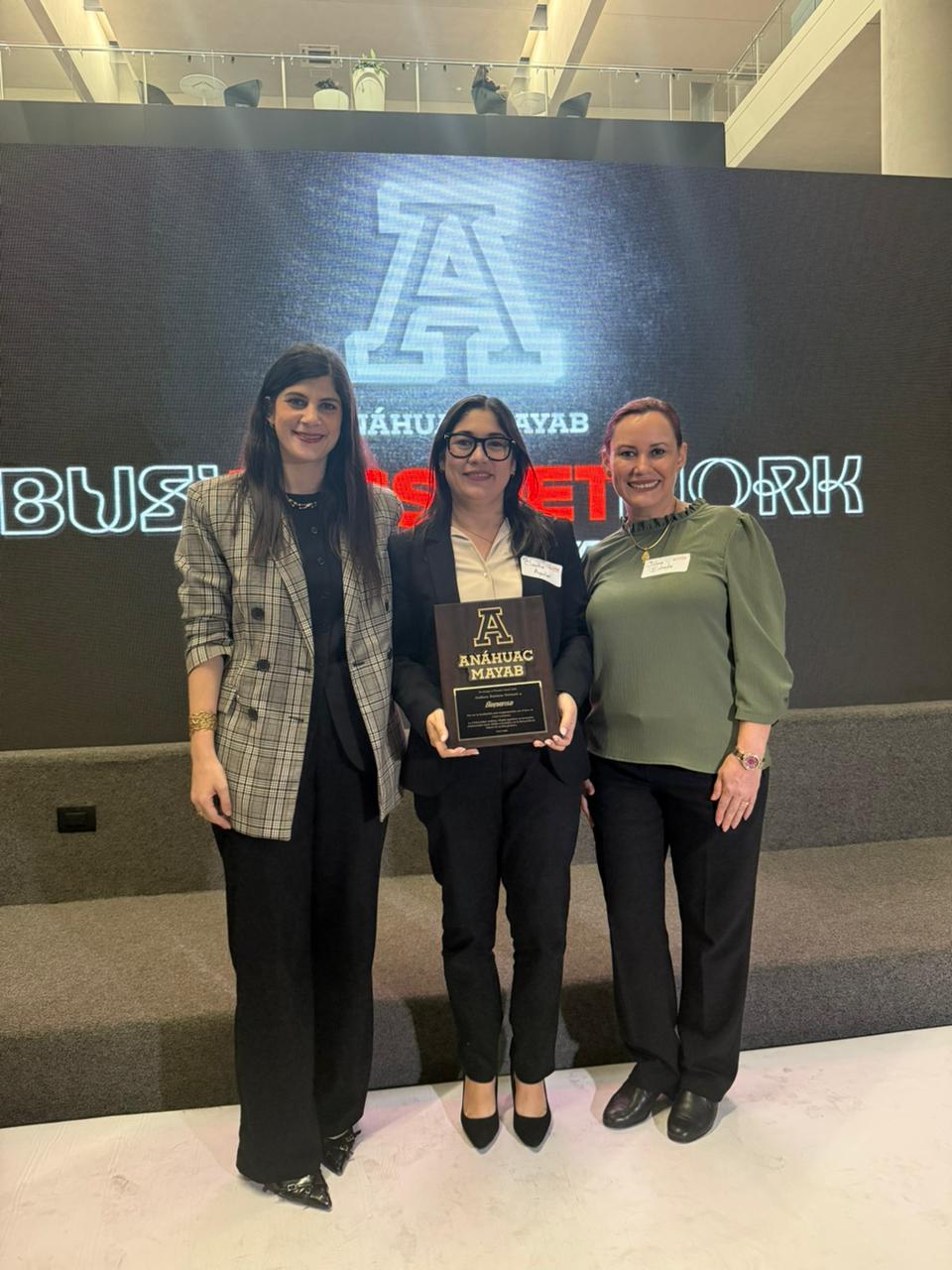Mérida, Yucatán, May 20, 2024.- Grupo Bepensa and PetStar have begun a strengthening process to carry out more robust PET collection and recycling actions in Yucatán, after investing at least 90 million pesos since 2022 to double the recovery capacity of said material at the Umán plant, which will achieve the collection of 11 thousand tons, equivalent to more than 495 million PET bottles.
Before the media and also around World Recycling Day, the founder and CEO of PetStar, Jaime Cámara Creixell, emphasized that the firm, as part of Bepensa and the Mexican Coca-Cola Industry, will strengthen its operations in the Yucatan Peninsula with 7 collection centers plus the plant, which will be part of the more than 40 plants and collection centers that will be operating by 2027 in the country, which will allow Mexico to continue consolidating its position as an international benchmark in the field, contributing to The Coca-Cola Company's global goal of #WorldWithoutWaste.
Before businesspeople, academics, and environmental activists gathered at the Yucatán Siglo XXI Convention Center, the executive explained in his conference "Programming a Sustainable World," within the framework of the Yucatán i6 Congress, that the PetStar plant in Umán has been operating since 2004 and was expanded with an investment from Bepensa in 2022 to serve new collection centers in Quintana Roo and Campeche, which are also being built with said investment.
Through approximately 300 micro, small, and medium-sized businesses dedicated to the purchase and sale of recyclable materials (collection partners), the program covers 23 municipalities in Yucatán, including Mérida, Progreso, Ticul, Izamal, Umán, Kanasín, and Valladolid, the largest towns, thereby promoting the circular economy throughout the Yucatán Peninsula, he indicated.
The plant generates 180 direct jobs and 1,000 indirect jobs for men and women in Yucatán dedicated to the recovery of recyclable waste, the executive emphasized during the Yucatán i6 Congress, where he presented the technological advances in recycling and innovation implemented by PetStar as part of Bepensa, promoting a more sustainable world.
This, he emphasized to the attendees, is a Sustainable Business Model that generates social, environmental, and economic value by building a circular economy for climate-responsible PET packaging and is managed from a human rights perspective.
He explained that this surge in operations is part of a nationwide growth plan from 2022 to 2027, which will involve an increase from 1,700 to 4,000 direct jobs nationwide, and an increase in contacts from 1,500 to 3,600 MSMEs dedicated to the purchase and sale of recyclable materials.
As part of the social value of its operations, the company aims to generate 30,000 to 80,000 indirect jobs for urban waste recyclers and double the capacity of its PET recycling plant by producing 110,000 tons of recycled resin annually for the manufacture of new sustainable packaging for the Mexican Coca-Cola industry.
He specified that PetStar and Bepensa, in addition to other shareholders—which are part of the Mexican Coca-Cola Industry (IMCC), will invest three billion pesos in this plan to double the collection and recycling capacity (one billion pesos for collection and two billion pesos for recycling).
PETSTAR has the largest food-grade PET recycling plant in the world, one hundred percent Mexican, and eight collection plants nationwide, making it a global leader in the circular economy, highlighted Cámara Creixell, member of the Executive Committee of the National Association of the Plastics Industry (ANIPAC), as well as the Chairman of the Board of APR (Association of Plastics Recyclers) based in Washington.
As part of its contribution to environmental improvement, PetStar managed to capture 101,790 tons of PET nationwide in 2023, equivalent to filling the Chichén-Itzá Pyramid six times over. This means it collects six out of every ten containers its shareholders put on the market.
A total of 3.624 billion PET bottles are recycled annually by PetStar, producing 54,968 tons of recycled food-grade PET resin annually.
He specified that there are 1,664 MSMEs as collection points called by PetStar Socios Acopiadores, on which 1,962 direct jobs and 36,828 indirect jobs for urban waste recyclers depend.
As a socially responsible company, PetStar allocates more than ten million pesos in social investment to serve more than 1,200 children and adolescents, daughters and sons of urban waste collectors.
In turn, Agustín Menéndez Reyes, Corporate Affairs Manager at Bepensa, highlighted the technological solutions implemented by Petstar and Bepensa to promote a more sustainable world, as presented at the Yucatán i6 Congress.
"We are the first and only recycled resin in the world to be Cradle to Cradle certified, and we are in the process of being recertified for the third time, having met the highest quality standards in the categories of 'Health and Environmental Safety, Circular Economy, Efficient Water Use, Renewable Energy, and Social Justice,'" he noted.
He highlighted that since 2020, the company has managed to neutralize its carbon footprint, as 70% of the energy used in its operating processes comes from renewable sources, which represent a 30% reduction in water consumption.
He also maintained that the viability of all these achievements lies in the conviction to operate sustainably. Today, companies like Bepensa must have as their mission the protection of the environment and generating social value alongside their business success, as only in this way can they leave a better world for future generations.



